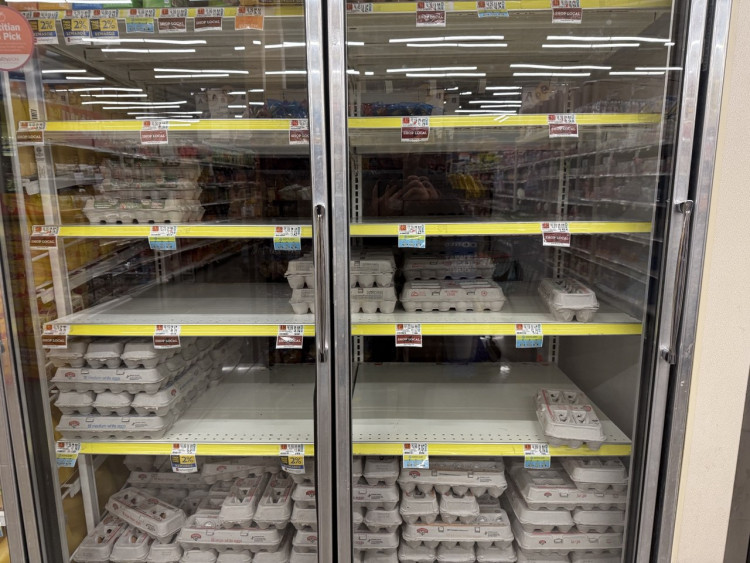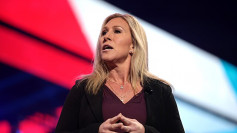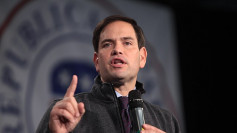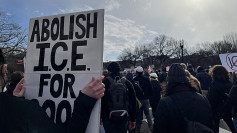Egg prices in the United States climbed to an all-time high in March, reaching $6.23 per dozen, according to the Bureau of Labor Statistics, even as wholesale prices dropped and bird flu outbreaks declined. The data suggest that retailers may be slow to pass on savings, despite easing supply pressures and falling production costs.
The average price marked a 5.9% increase from February and a staggering 60.4% rise compared to March 2024. In some regions, such as New York and New Jersey, shoppers paid up to $12 for a dozen eggs. While consumers face elevated prices at grocery stores, wholesale prices have moved in the opposite direction in recent weeks.
According to the Department of Agriculture, wholesale prices for large white eggs dropped to $3.26 per dozen as of April 4, down from $6.85 in early March and a high of $8.15 in February. This disconnect has sparked scrutiny from both economists and federal authorities. Earlier this week, Cal-Maine Foods, the country's largest egg producer, disclosed that it is under investigation by the Department of Justice's antitrust division over recent pricing behavior.
University of Arkansas agricultural economist Jada Thompson told the Associated Press that price transmission may be delayed. "Grocery stores may not have immediately passed the lower prices along to consumers," she said. Thompson also noted that wholesale prices did not begin declining until mid-March, which may not have been enough time to influence monthly averages.
The surge in egg prices comes despite a sharp decline in bird flu-related disruptions. Only 2.1 million birds were culled in March, none from egg farms, down significantly from earlier in the year when over 30 million chickens were destroyed to control the disease.
Holiday-driven demand is adding to price pressures. Americans are expected to consume 180 million eggs for Easter and another 30 million for Passover, according to TradingPedia. "The ongoing trade war could jeopardize egg imports and drive prices back up just as they have started to ease," the personal finance site warned in a recent note.
On April 2, President Donald Trump imposed a 10% baseline tariff on imports from dozens of nations and raised China's rate to 125%. Though Trump paused higher reciprocal rates for most countries for 90 days, the across-the-board tariff remains in place and could impact agricultural imports, including eggs.
In a March speech, Trump rejected calls to use plastic eggs for the White House's Easter Egg Roll due to high prices. "They were saying that for Easter 'please don't use eggs. Could you use plastic eggs?' I say we don't want to do that," the former president said.
Inflation, meanwhile, continued to cool in other categories. Consumer prices rose just 2.4% year-over-year in March, the lowest increase since September. The Labor Department said that while food prices remained elevated, falling gasoline costs helped ease broader inflationary pressures.
David Ortega, a food economist at Michigan State University, told The New York Times that consumers might soon benefit from the wholesale drop. "All indications are that there's some relief coming for consumers," Ortega said. "Even then, there are a lot of other factors that determine the price of eggs."






